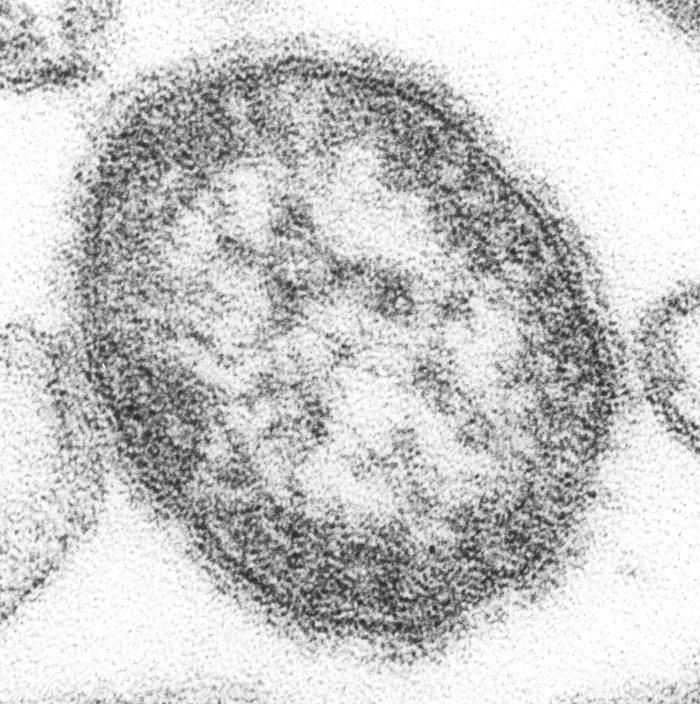The risk should be very, very low since this baby has mostly stayed home. There shouldn’t be too many others that have been exposed.”Marti Smith, Infection Control Nurse at CRMC
CULLMAN – A 9-month-old baby girl was brought into the emergency room at CRMC on Saturday, April 4 with suspected measles. According to CRMC lab tests that were sent off, confirmation wasn’t obtained until April 7. The news spread across social media, however, and had many parents worried.
Fortunately, according to CRMC, the results came back negative, but the story has raised many questions as to the effectiveness of the vaccines for those that have received it. Infection Control Nurse at CRMC, Marti Smith, said, “The likelihood of someone who has been vaccinated contracting the disease is slim, albeit not impossible.”
“One dose of MMR vaccine is about 93 percent effective at preventing measles if exposed to the virus, and two doses are about 97 percent effective,” said Smith. “According to the Centers for Disease Control, very few people – about 3 out of 100 – who get two doses of measles vaccine will still get measles if exposed to the virus. Experts aren’t sure why; it could be that their immune systems didn’t respond as well as they should have to the vaccine. But the good news is, fully vaccinated people who get measles are much more likely to have a milder illness, and they are also less likely to spread the disease to other people, including people who can’t get vaccinated because they are too young or have weakened immune systems.”
While the threat of a measles outbreak seems to have diminished at this time, knowing the signs and symptoms is important. According to the CDC, measles is a highly contagious virus that lives in the nose and throat mucus of an infected person. It can spread to others through coughing and sneezing. Also, the measles virus can live for up to two hours in an airspace where the infected person coughed or sneezed. If other people breathe the contaminated air or touch the infected surface, and then touch their eyes, noses or mouths, they can become infected. Measles is so contagious that if one person has it, 90 percent of the people close to that person who are not immune will also become infected. Infected people can spread measles to others from four days before through four days after the rash appears.
Measles has become more and more of a problem in other parts of the country, but Smith says that this is not a common occurrence in the Cullman area.
“CRMC does not typically see potential measles in the Emergency Room or in hospital inpatients,” Smith said. “I have 17 years of experience as an infection prevention nurse, and I have never seen a potential measles case at CRMC.”
When asked about steps to further protection, Smith stated that there was not much else to do in the way of protection other than immunizations.
“That is a tough question,” Smith said. “Try to minimize his or her exposure to anyone who has symptoms. There isn't any one specific thing that is recommended, other than limiting exposure of children/infants to others.”
According to the CDC, people who received two doses of measles vaccine as children, according to the U.S. vaccination schedule, are considered protected for life and do not ever need a booster dose. Adults need at least one dose of measles vaccine, unless they have evidence of immunity.
Adults, who are going to be in a setting that poses a high risk for measles transmission, including students at post-high school education institutions, healthcare personnel, and international travelers, should make sure they have had two doses separated by at least 28 days. If you’re not sure whether you are vaccinated, talk with your doctor.





























